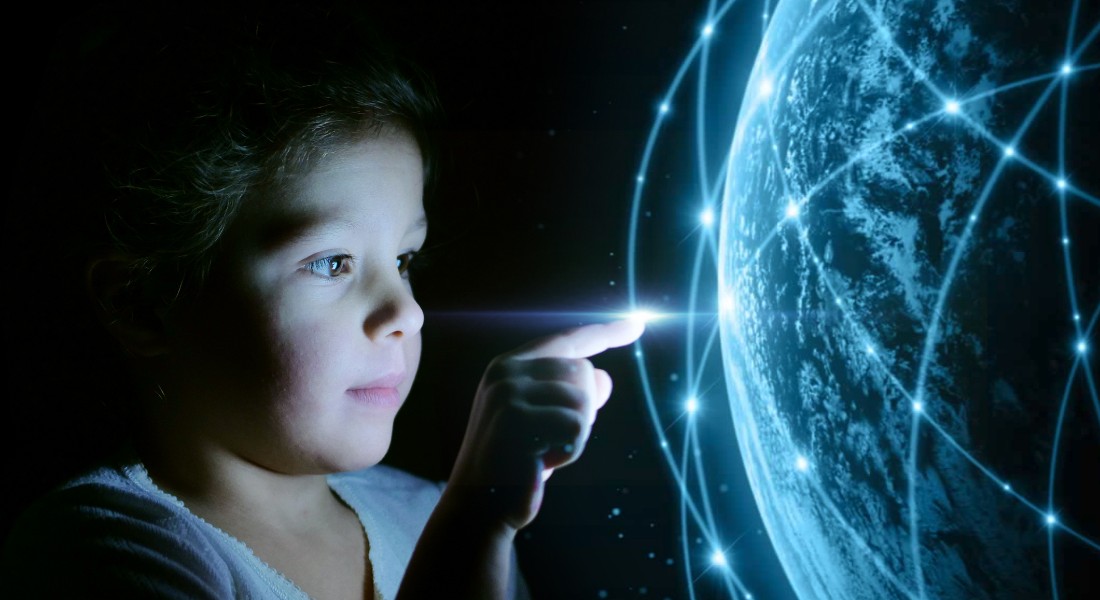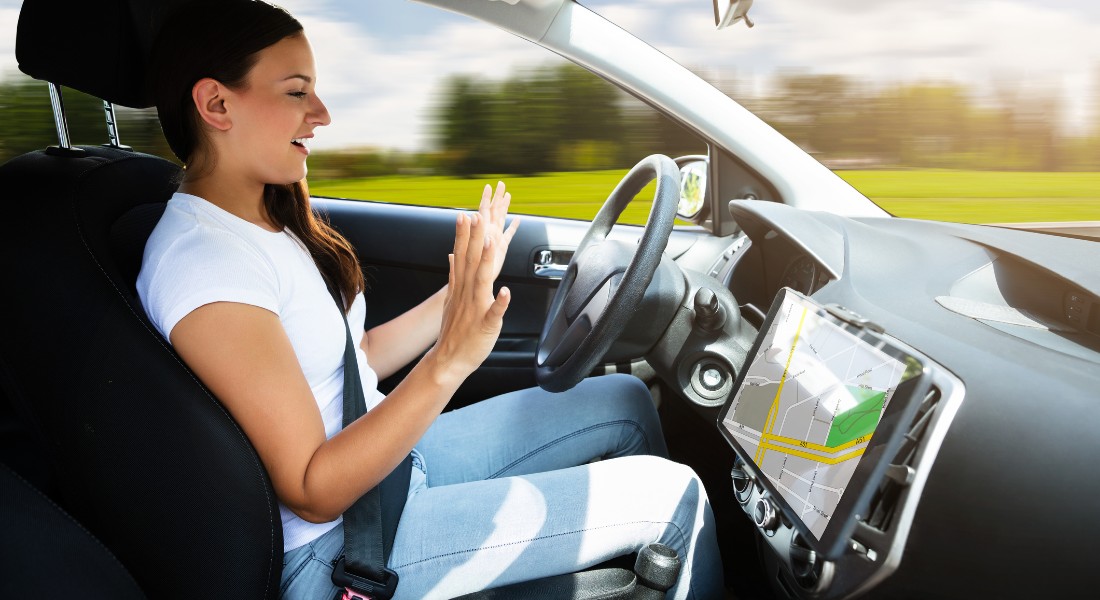
How robotics will affect humanity and nature in the future
How will robotic technologies impact wildlife? Will self-driving cars create more or less urban noise? What will the relationship between humans and nature be like in the future? 170 experts weigh in on the global implications of robotics and autonomous systems in the years ahead.

Robotic lawnmowers, vacuum cleaners and drones are just a few examples of how we already live alongside robots and autonomous systems in our daily lives. Robotic technologies are constantly evolving. And, among other things, our future is likely to include self-driving cars, buildings that automatically adapt to the weather, and robots that pollinate our crops. But how will technology affect our everyday lives and surrounding environments?
170 experts share their views in a new international study published in the journal Nature Ecology & Evolution, conducted by University of Copenhagen researchers and others.
"The study presents a global perspective on how robotics and autonomous systems are affecting us and our environment now, and on what opportunities and challenges we are likely to face in the future," explains Natalie Marie Gulsrud, one of the study’s authors and an associate professor at the University of Copenhagen’s Department of Geosciences and Natural Resource Management.
Drone collisions will prove deadly for wildlife
One of the challenges that several experts believe is realistic and will worsen down the road is that drones and wildlife will collide.
"As we put more and more drones into use, they will occupy more airspace and pose an increasing danger to birds and larger insects. Several studies demonstrate that drone collisions can kill avian wildlife or change their behaviour and natural migration patterns," explains Natalie Gulsrud.
The study’s expert contributors believe that the number of drones will increase in the years ahead and be used to measure environmental conditions, as well as be flown for private purposes such as package delivery, filming and hobby flying.

Self-driving cars will affect noise pollution
Self-driving transportation is already a reality. For example, in Aarhus, Denmark, an autonomous light rail line has been introduced. And in Aalborg, several buses are now autonomous. The experts involved predict that we will see even more self-driving cars in the years ahead, a trend that will affect urban noise levels. Associate Professor Gulsrud explains:
"Should self-driving cars and buses become the new norm, it could mean that more people will drop car ownership. This could drastically reduce urban traffic noise, as self-driving cars typically create less noise than conventional ones because they don’t have internal combustion engines. In addition to being wonderful for the night sleep of Copenhageners, this could also have a beneficial effect on wildlife, as they can better hear each other's signals over long distances," she says, adding:
"However, it is also possible for the opposite to occur. Self-driving cars may simply be added to the total number of private vehicles. This could add to the cumulative noise produced by conventional and self-driving vehicles. Nor are all autonomous vehicles silent, which is why the overall noise may frighten more animals away from cities and disrupt our opportunity to relax in green urban spaces."
Fewer reasons to leave home
The experts also tried to assess how our relationship with nature will be transformed.
On one hand, robotics and autonomous systems (RAS) might present new opportunities for spending time in nature. For example, self-driving transportation systems could make it easier for more people to access green spaces, including the elderly and those with disabilities who are unable to drive themselves. However, the experts also fear that our interactions with nature will deteriorate.
Natalie Gulsrud explains that, "everything can be delivered to the door nowadays. This means that there are fewer reasons to leave home for food or clothing—a development that has been reinforced as a result of the COVID 19 pandemic. As a result, the prognosis is that we will spend more time using technology than on spending time in nature. Therefore, it is important for our politicians to help us maintain a relationship with nature, as we know that doing so is vital for our physical and psychological well-being."
Topics
Related News
Contact
Natalie Marie Gulsrud
Associate Professor
Department of Geosciences and Natural Resource Management
University of Copenhagen
nagu@ign.ku.dk
+45 35 33 17 94
Ida Eriksen
Journalist
Science Faculty
University of Copenhagen
+45 93 51 60 02
ier@science.ku.dk
How the study was conducted
- 170 experts from 35 countries mapped 38 challenges and 32 possibilities for robotics and autonomous systems (RAS). These were ranked according to how likely they are to occur and their potential impact on humans and nature in the future.
- The article presents three challenges and opportunities that the experts believe could have a notable impact on the future.

